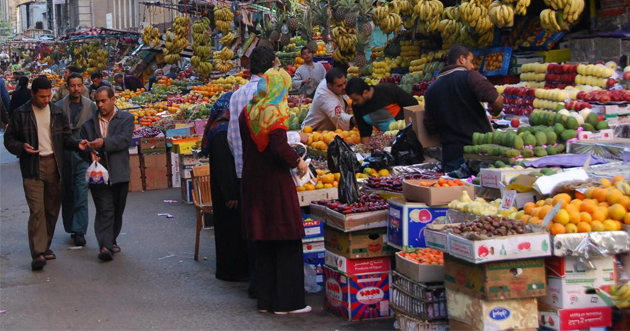During the last month, the inflation rates dropped to a single digit and rose to 8.5 percent due to weak demand in the economy, creating room for more interest rate cuts as inflationary expectations remained small shortly.
The rate of price rises slowed significantly down to 8.5 percent in April for the third month in a row, the Pakistan Statistics Bureau (PBS) announced on Friday. It was one of the most pronounced decreases in the inflation rate in a month as the reading eased by two percentage points compared to 10.5 percent in March.
Inflation of 8.5 percent has been the lowest in the past 10 months. Inflation had last been registered at 8.4 percent in July 2019 – the point from which it began to rise and peaked at 14.6 percent in January this year.
Last month, economic activity remained largely at a standstill because of partial lockdowns imposed to avoid Covid-19 spreading. Thanks to volatile economic conditions and declining wages, consumers have also adopted a risk-averse strategy.
Nevertheless, the prices of most perishable food products increased compared with the previous month. Because of the monthly fuel price change, there was no rise in electricity prices for the second consecutive month in April. Instead, on a year-on-year basis, the PBS reported a 5.9% reduction in electricity charges in April.
Core inflation in urban and rural areas, which is determined by excluding food and energy products, dropped. Core inflation in urban areas decreased from 7.4% to 6.4% and in rural areas stayed at 8.5%, down from 9.4%.
Both headline inflation and core inflation are currently below the central policy rate of 9 percent, which has been lowered three times. The real interest rate, taking into account the core inflation, is still 2.6 percent positive.
This week, Finance Advisor Dr. Abdul Hafeez Shaikh has urged the State Bank of Pakistan (SBP) to further lower the interest rate. The government has set up a think tank for the next fiscal year to formulate economic policies.
The Planning Commission has also proposed that the Coordinating Board for Monetary and Fiscal Policies implement accommodative monetary and fiscal policies to improve the economy. In the next fiscal year, the commission expects an annual inflation rate of 6 percent, which is lower than the International Monetary Fund (IMF).
PBS announced that food and non-alcoholic beverage prices were down to 11.7 percent in April from a year earlier, with 34.6 percent weight in the CPI basket. Prices of perishable food products rose 11.2 percent last month compared to more than 15 percent in the month before.
Average inflation in 10 months (July-April) was 11.2 percent, largely in line with authorities’ expectations. However, the index is expected to fall further after the government has reduced the price of petroleum products by an average of 22% with effect from 1 May.



